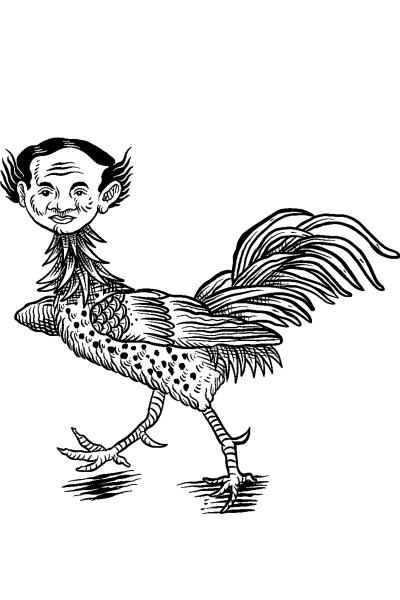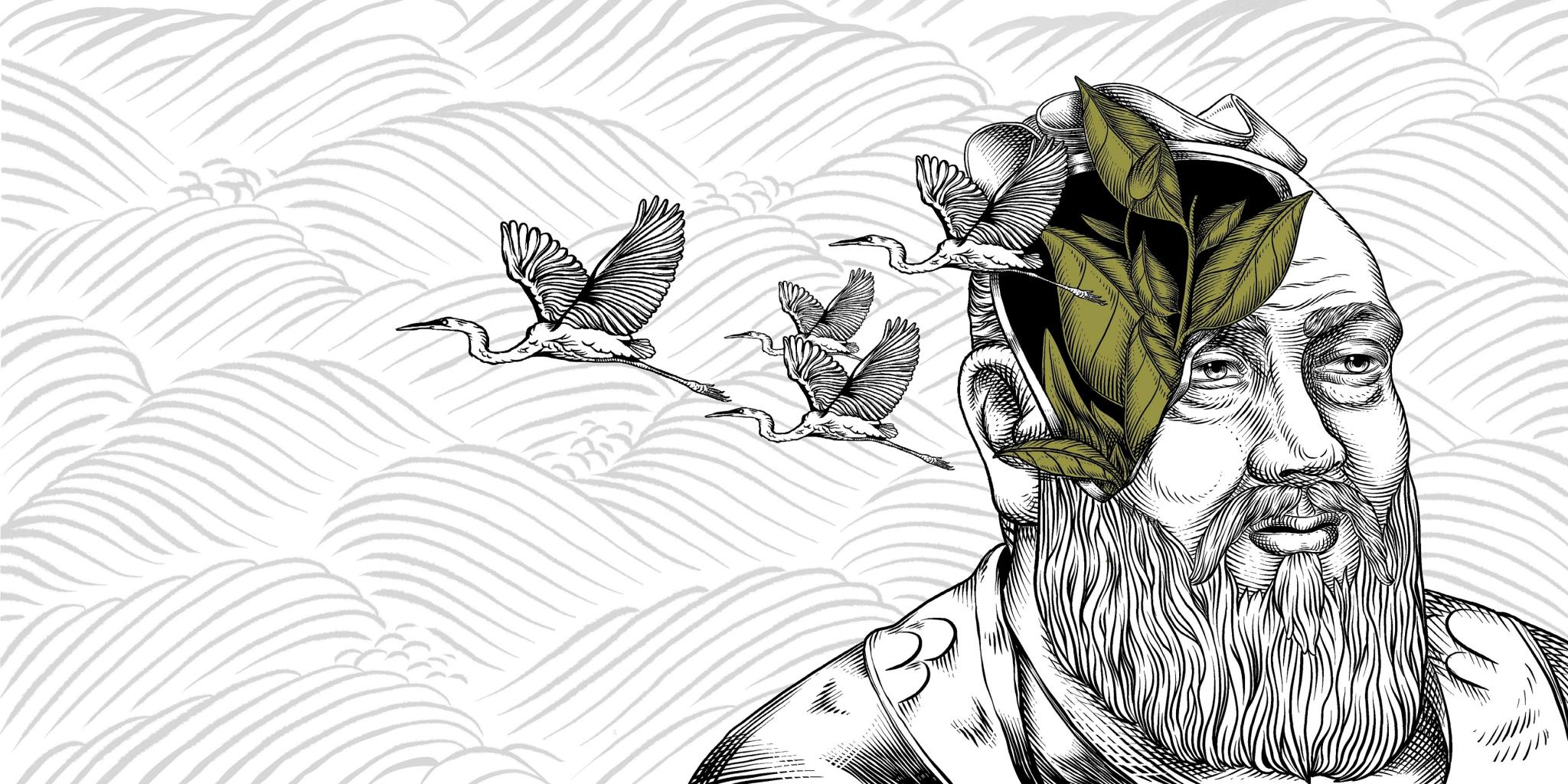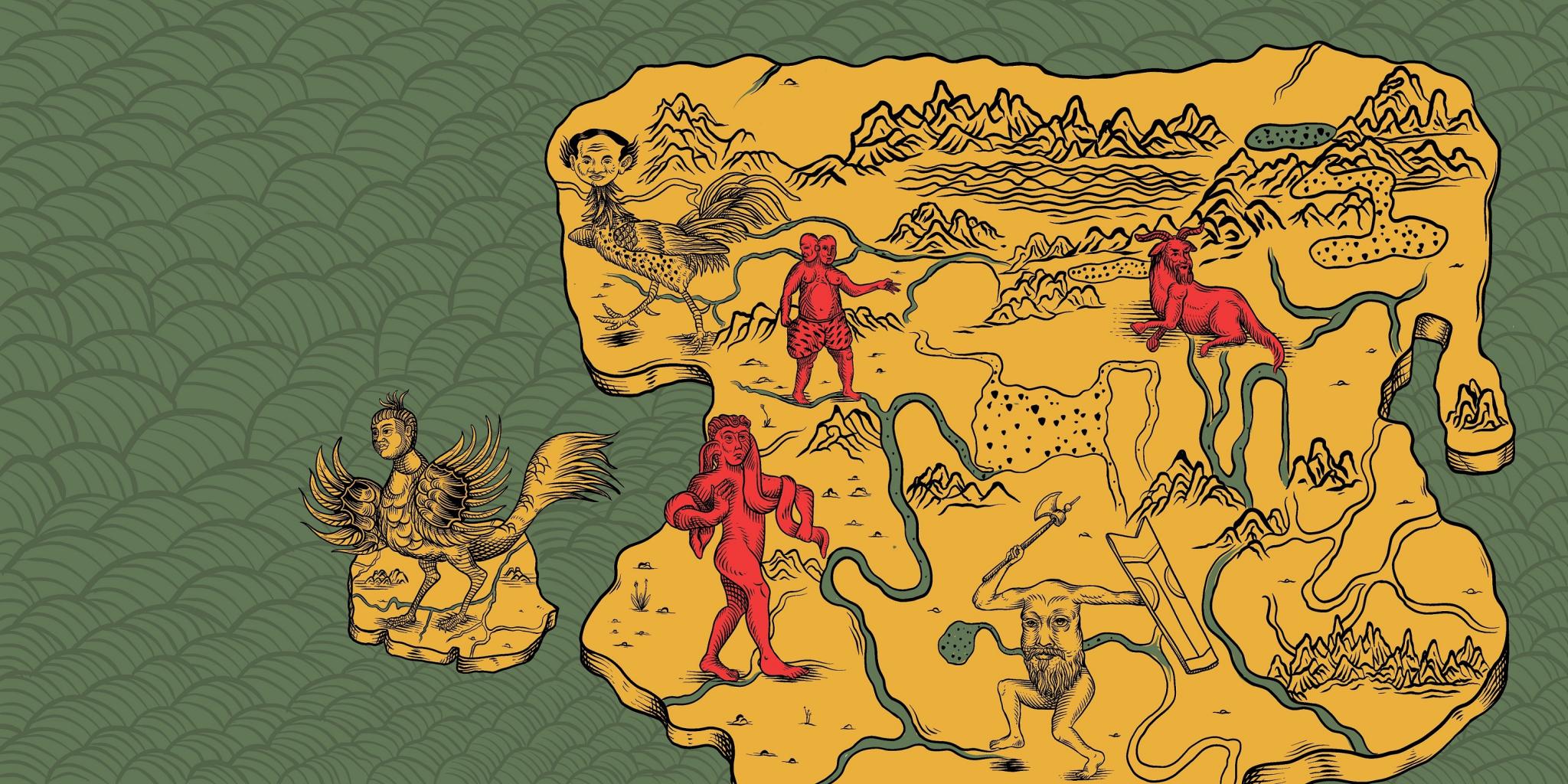
Studying Literary Chinese lays the foundations for our critical engagement with Chinese worlds, both past and present. We gain unmediated access to those worlds and meet their inhabitants on their own terms.
Through Literary Chinese, we encounter people of the past with the fullest possible understanding of their own language and modes of expression. But studying Literary Chinese also urges us to assess our own assumptions in two important ways.
First, we face dramatic differences. These demand that we step outside the terms of our own experiences and instead open ourselves to other ways of thinking about the world and acting in it.
Second, we recognise points of continuity. Since many of the legacies of traditional Chinese culture given weight in the present have been transmitted through Literary Chinese, its influence on modern and contemporary Chinese languages, thought, and cultural discourse is pervasive, though the relationship between past and present is often complex. Texts written in Literary Chinese have also been influenced by and, in turn, have decisively shaped languages and cultural expressions elsewhere in Asia.
Program
The ANU offers the most comprehensive program for the study of traditional China in Australia, one on a par with leading institutions worldwide.
The Literary Chinese language program is unique for the analytical depth and its breadth of coverage. Elementary and intermediate courses introduce the main grammatical structures of texts from the pre-Qin era (before 221 BC) and apply those lessons to texts from later periods.
From there, the program boasts a range of advanced courses on particular subjects, from anecdotal literature and historical narrative to Buddhist philosophy and excavated texts. These advanced-level courses enable students to engage extensively with different types of Literary Chinese texts and to gain insights into how the language was used in different contexts.
Students are also equipped with the reference tools and contextual information needed for philological translation, critical analysis, and full historical understanding.
An emphasis on close reading of texts and arguments allows even those familiar with this textual tradition to reach new levels of understanding that are rarely matched elsewhere.
Study options
Courses in Literary Chinese can be studied individually as electives—by students enrolled in Modern Chinese language courses or by interested students from other disciplines—or as part of a Literary Chinese Minor. Some knowledge of written Modern Chinese or a related dialect, or a background in Japanese or Korean, is recommended before enrolling in Literary Chinese. A placement test allows those with some existing knowledge of Literary Chinese to enter courses directly at an intermediate or advanced level.
The Literary Chinese Minor at ANU is unparalleled in offering an entire range of subject-specific advanced courses. One course offered each semester allows students to re-enrol in the course to cover all subjects on offer. Courses can be studied both on campus and online.
Undergraduate courses: Literary Chinese 1, Literary Chinese 2, and Advanced Literary Chinese.
See ANU Programs and Courses for study options.

